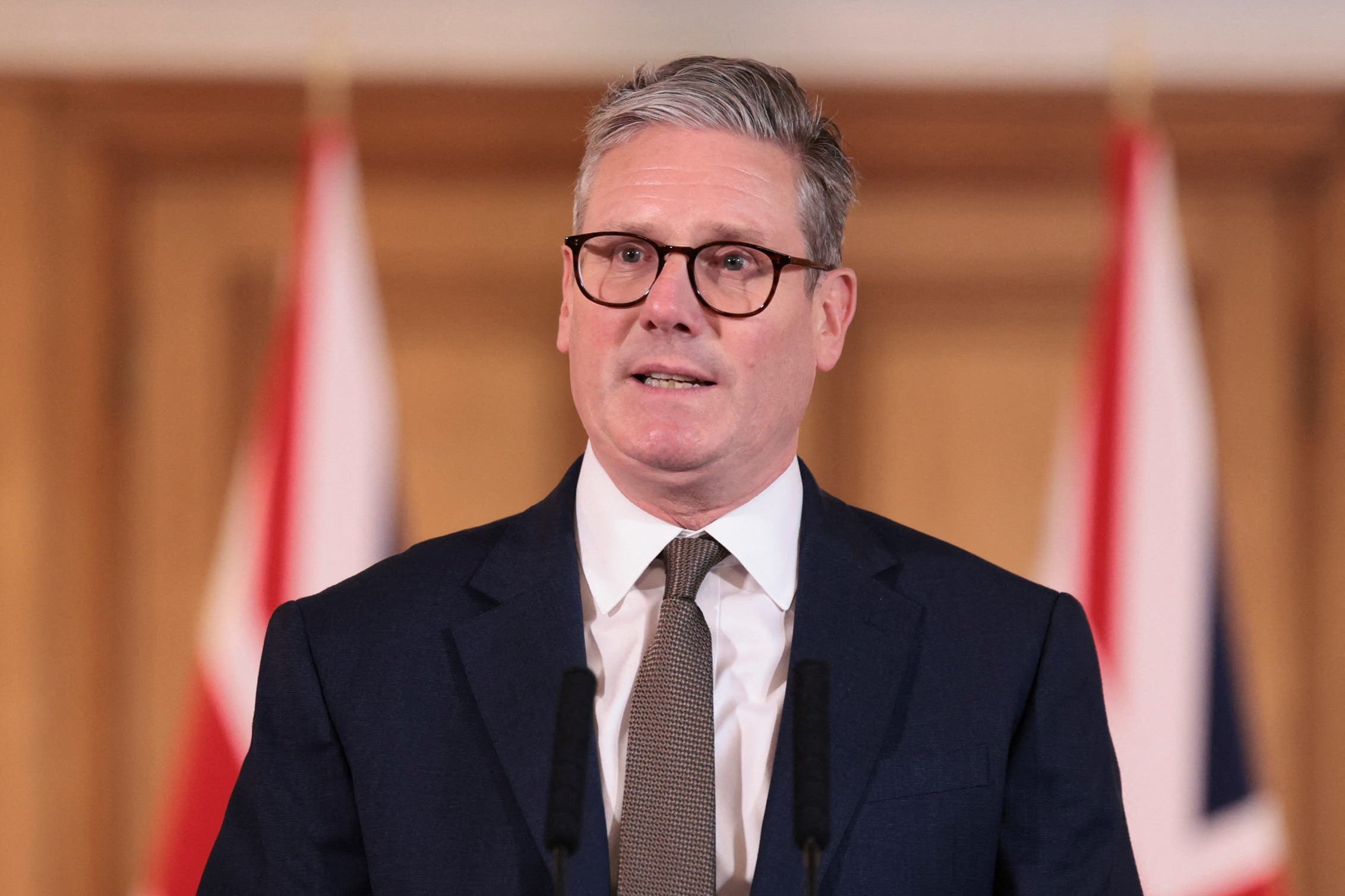Elections increase uncertainty over global economic recovery, says IMF
The financial agency also warned that there is an increased prospect of ‘higher-for-even-longer’ interest rates due to inflation persistence.

Your support helps us to tell the story
From reproductive rights to climate change to Big Tech, The Independent is on the ground when the story is developing. Whether it's investigating the financials of Elon Musk's pro-Trump PAC or producing our latest documentary, 'The A Word', which shines a light on the American women fighting for reproductive rights, we know how important it is to parse out the facts from the messaging.
At such a critical moment in US history, we need reporters on the ground. Your donation allows us to keep sending journalists to speak to both sides of the story.
The Independent is trusted by Americans across the entire political spectrum. And unlike many other quality news outlets, we choose not to lock Americans out of our reporting and analysis with paywalls. We believe quality journalism should be available to everyone, paid for by those who can afford it.
Your support makes all the difference.Elections across the world have increased “uncertainty” over economic growth amid concerns over “significant swings” in policy from new governments, the International Monetary Fund (IMF) has cautioned.
The global financial agency also warned that there is an increased prospect of “higher-for-even-longer” interest rates due to persistent wage and services inflation.
It came as the IMF maintained its projection that the world economy will grow by 3.2% in 2024, but pointed towards slightly stronger growth in 2025 at 3.3%.
It had previously also forecast 3.2% growth for 2025.
Meanwhile, it also held its UK growth forecasts after an upgrade in May.
UK gross domestic product (GDP) is set to grow by 0.7% in 2024 and by 1.5% next year, the IMF said.
The UK is one of a number of countries to have, or are set to have, elections this year, alongside France and the US.
Political uncertainty linked to the elections could impact the IMF’s base growth projections, it cautioned.
The momentum on global disinflation is slowing, signalling bumps along the path. Services price inflation is holding up progress on disinflation, which is complicating monetary policy normalisation
“The potential for significant swings in economic policy as a result of elections this year, with negative spill-overs to the rest of the world, has increased the uncertainty around the baseline,” the IMF said in the latest outlook update.
IMF chief economist Pierre-Olivier Gourinchas told reporters on Tuesday that it was “too early” to assess the potential impact of policies from the new Labour government.
He highlighted the UK was witnessing “some persistence in services inflation” as well as “fairly robust” wage growth.
It comes amid a backdrop of falling inflation as a whole, although the report highlighted that this decline has slowed down in recent months.
“The momentum on global disinflation is slowing, signalling bumps along the path,” the IMF said.
The risk of elevated inflation has raised the prospects of higher-for-even-longer interest rates, which in turn increases external, fiscal, and financial risks
“Services price inflation is holding up progress on disinflation, which is complicating monetary policy normalisation.”
Interest rates have been broadly increased globally as countries have sought to grapple with high levels of inflation over the past two years.
In the UK, interest rates currently sit at a 16-year-high of 5.25%, with Bank of England policymakers opting to maintain rates at this level for the past seven meetings.
The IMF said concerns over wage inflation and service industry inflation, which have remained more persistent than over areas of the economy, mean that interest rates are taking longer than previously expected to decrease.
It added: “The risk of elevated inflation has raised the prospects of higher-for-even-longer interest rates, which in turn increases external, fiscal, and financial risks.”